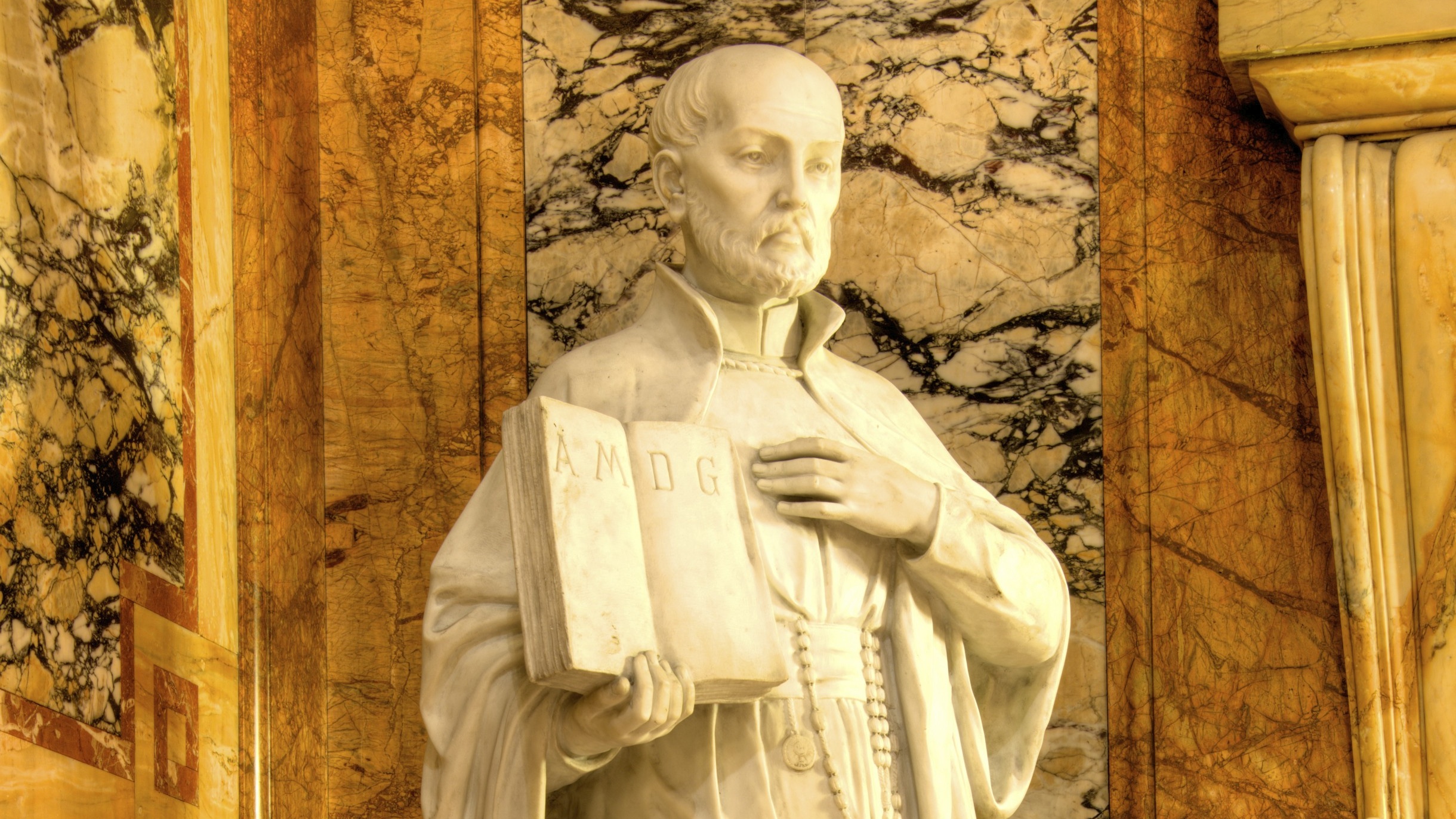The avalanche of data, content, and insights unleashed by artificial intelligence has created a paradox for business leaders and entrepreneurs: more information is available than ever, but clarity and focus are harder to achieve. The tools meant to empower us are, in many cases, overwhelming us.
Ignatian Discernment
Yet my thought is a spiritual practice from the 16th century—Ignatian discernment—may offer the most relevant tool and solution for our time.
With AI-driven platforms like ChatGPT or Perplexity gathering, analyzing, and presenting data has grown exponentially. Business plans that once fit on a lean 15-slide deck now balloon to 40 or 50 slides, packed with charts, forecasts, and competitive matrices. The temptation to add “just one more” insight is irresistible, but the result is often decision paralysis and a diluted value proposition. As one analysis puts it, “as the amount of data grows, the confidence in decisions seems to dwindle. Stress mounts, leaving professionals wrestling with questions about what data is relevant, what insights are actionable, and what analytics tools will best serve their needs without adding to the confusion.”
The promise of AI is efficiency and insight, but the reality is often “content overload.” Teams and leaders are inundated with data, struggling to distinguish what’s truly valuable from what’s merely available. This overload not only slows decision-making but can also erode the clarity and creativity that win customers and investors.
This is where I thank my Jesuit education and the wisdom of St. Ignatius Loyola which becomes unexpectedly relevant 400 years later. Ignatian discernment is the spiritual practice of paying attention to your gut instinct—your desires, thoughts, and emotions—and identifying where they are coming from and where they are leading you. In a business or AI context, it’s the habit of reflecting on what truly matters, distinguishing signal from noise, and making choices aligned with your deepest values and strategic goals.
While originally spiritual, Ignatian discernment is fundamentally about making wise, reflective decisions—especially when faced with multiple “good” options, not just the obvious right or wrong. In the age of AI, this means asking: Is this data relevant? Does this insight serve our mission? What can we leave out to make our message clearer?
Modern business leaders are recognizing that discernment is not just a spiritual virtue but a strategic necessity. As one leadership expert notes, “the ability to see beyond the surface of an issue, deeply analyze information, examine details, and make sound judgments based on a comprehensive understanding of a situation has never been more necessary.” In fact in some organizations I work with I am informally appointing a “Chief Discernment Officer”—someone whose job is to ensure that only the most relevant, actionable, and mission-aligned information makes it to the decision table.
Because today AI cannot interpret context, align with values, or understand long-term vision. The leaders and teams who thrive will be those who combine the power of AI with the timeless human skill of discernment—knowing what to leave out, what to focus on, and how to connect data to deeper meaning and purpose.

